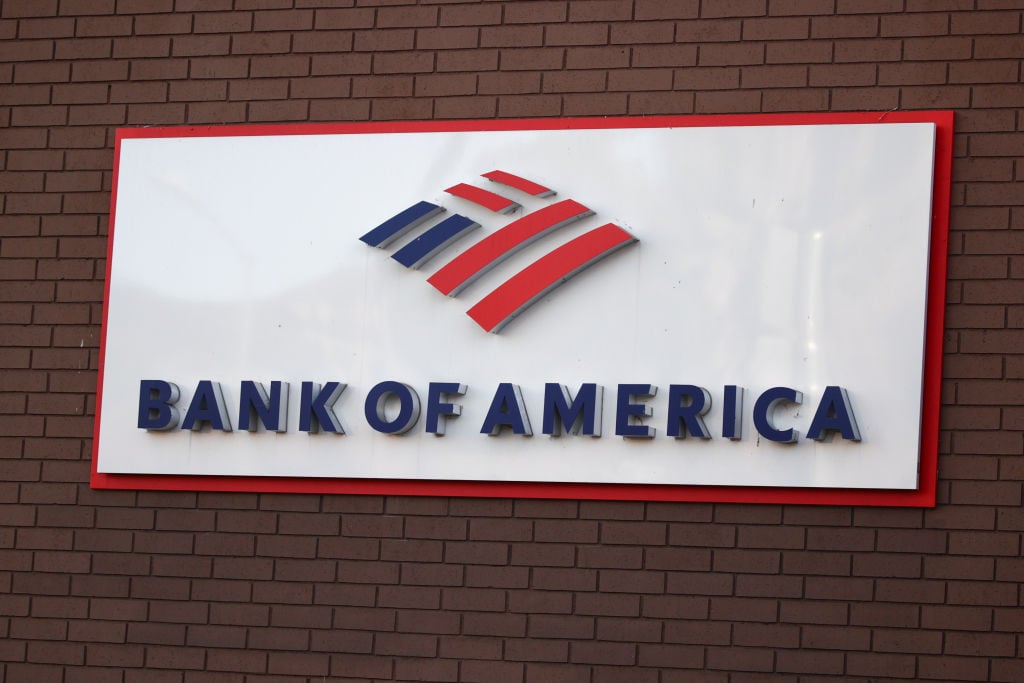After the implosion of the subprime lending bubble, former mortgage executive Daniel Sadek sat back and asked, "If my loans were so bad, why did Wall Street keep buying them?"
Why? When emotions supplant analysis, smart people do stupid things. Sometimes really, really stupid things. Wall Street bought Sadek's loans not because it liked the fundamentals, but because it was riding a wave of seemingly endless euphoria. "People have to buy homes," they thought. "The secondary market will keep buying these loans … forever!"
Checkmate
If something can't last forever, it won't. If there's one thing we've learned in the past two years, it's that reliance on a market driven more by emotions than analysis leads to calamity. More specifically, those who rely on irrationality lasting forever are often pushed to the brink of failure. Just ask Citigroup (NYSE:C). Or Bank of America (NYSE:BAC). Or Bernie Madoff.
That said, have a look at Warren Buffett's warning from the latest Berkshire Hathaway (NYSE:BRK-A) (NYSE:BRK-B) shareholder letter:
When the financial history of this decade is written, it will surely speak of the Internet bubble of the late 1990s and the housing bubble of the early 2000s. But the U.S. Treasury bond bubble of late 2008 may be regarded as almost equally extraordinary.
Uh-oh
A U.S. Treasury bubble. With 30-year Treasuries yielding 3.7% at a time when the Federal Reserve is blowing up its balance sheet, it's hard to refute its existence. The rush into Treasuries became so severe that short-term yields turned negative late last year, meaning investors were literally paying the government to hold their money. Heck, even Madoff investors thought they were getting a good return.
Not surprisingly, Uncle Sam is exploiting every second of this rush to "safety." From a $787 billion stimulus package to a $700 billion bank bailout (with plenty more to come), the Treasury bubble has provided a seemingly endless fountain of borrowing power.
How endless? On the face of it, endless enough that the Obama administration has proposed trillion-dollar deficits for the foreseeable future. Endless enough that tax cuts along with spending increases can be implemented at the same time Ben Bernanke promises that inflation will remain in check. Endless enough that, by golly, people are still lining up in droves to buy them.
Good luck with that
But like every other episode of financial madness, the Treasury bubble will end. Why? Pick your catalyst of choice:
- Investors will find a more productive use for their money.
- Investors will realize that the U.S. can only print its way out of debt.
- Global economies will wean themselves from dollar dependence.
The counter argument is that economies with a savings glut -- primarily China -- are forced to purchase Treasuries lest their own economies lose American demand. By buying Treasuries, China kept our interest rates low, spurring consumption and allowing the shelves of Wal-Mart (NYSE:WMT) and Best Buy (NYSE:BBY) to be stuffed full of Chinese goods.
That symbiosis worked wonders for years, but global economies seem more than eager to end the "you save, we misbehave" relationship. Just last month, a director-general of the China Banking Regulatory Commission expressed his true feelings for the situation: "We hate you guys," he said, "but there is nothing much we can do."
Comments like that likely lead people to believe that outsized Treasury demand can last forever, which is what's scary. That same reliance on the notion that "Investors must buy these … forever!" is the same attitude that eventually did in the subprime bubble.
In fact, China is doing something. As Foolish colleague Tim Hanson showed yesterday, China's latest stimulus package has three goals: (1) Spend money on a social safety net, (2) spend money on domestic infrastructure, and (3) spur domestic consumption -- the polar opposite of its previous policy of pumping money into Treasuries.
Add it up
Our personal savings rate is going up, but it's still not nearly enough to finance our ambitions. In other words, between massive spending deficits and financial bailouts, we're relying on the irrationality of global investors' flight to Treasuries at the exact time those same investors are planning the endgame. Call that what you want -- decoupling, globalization, whatever -- it's the hallmark of a bubble ready to burst. And just like every other bubble, those enjoying the benefits often refuse to acknowledge its existence until it's too late.
Don't get me wrong: I'm an optimist at heart. I just think that optimism is beneficial insofar as it's rational. Assuming we can borrow as much as we want at minuscule interest rates is not rational. What do you think about this incredibly important issue? Feel free to share your thoughts in the comment section below.
For related Foolishness:








